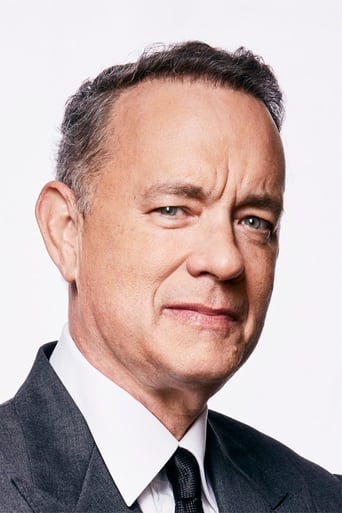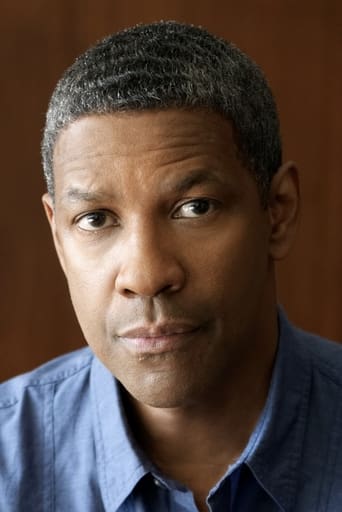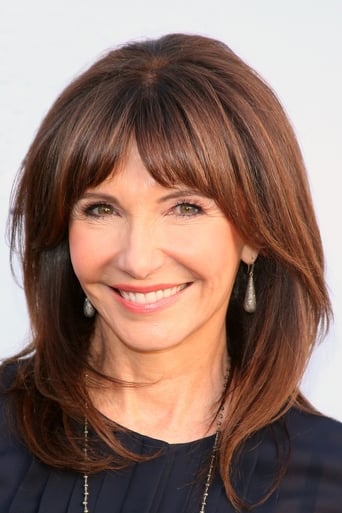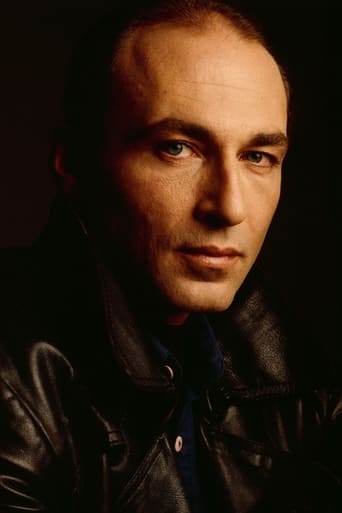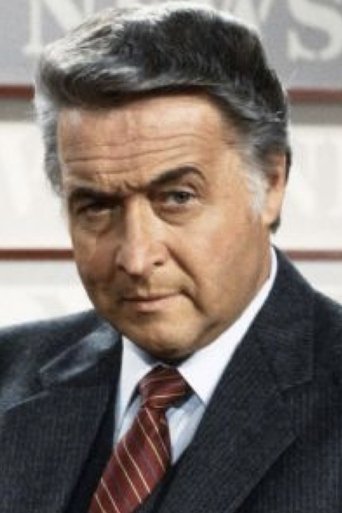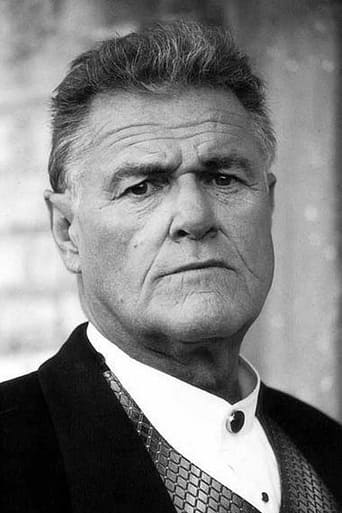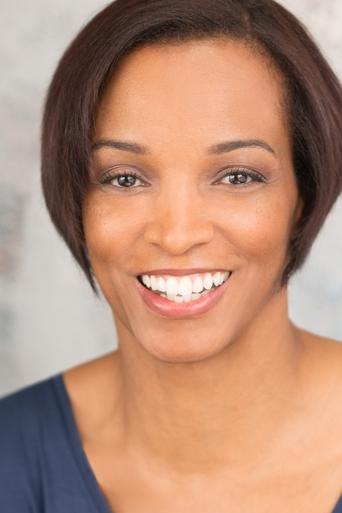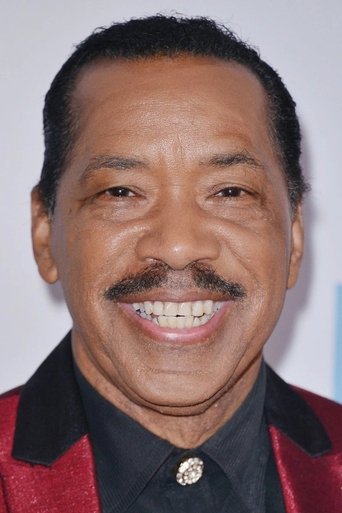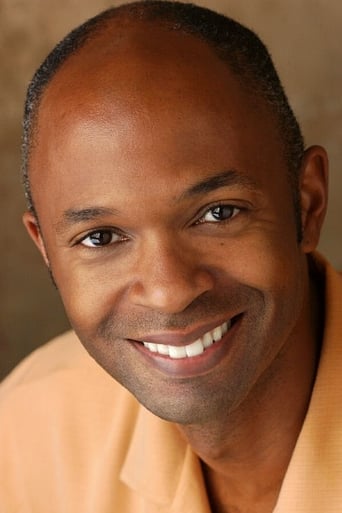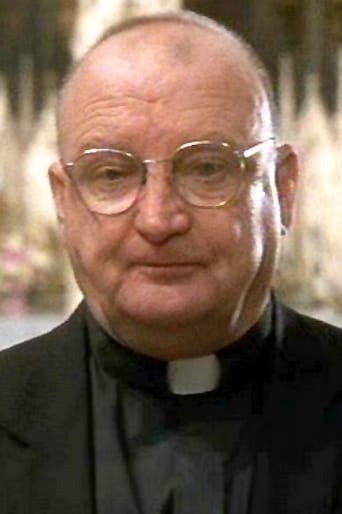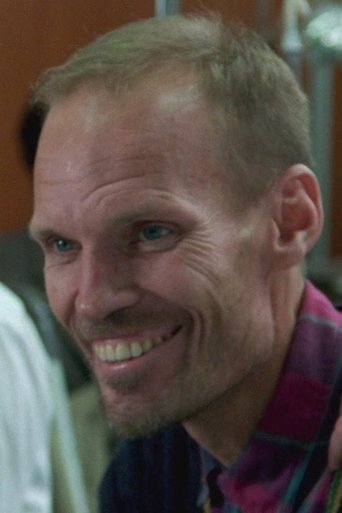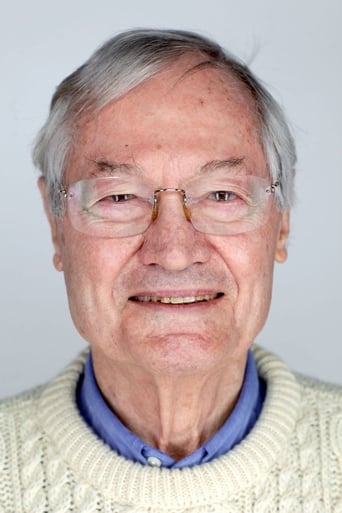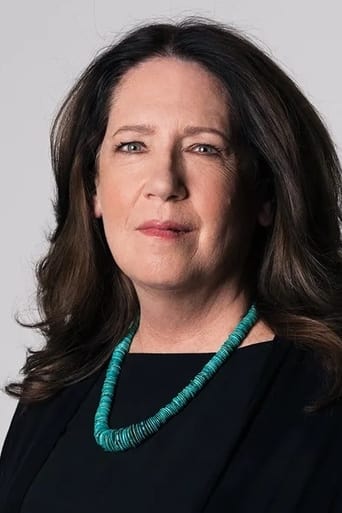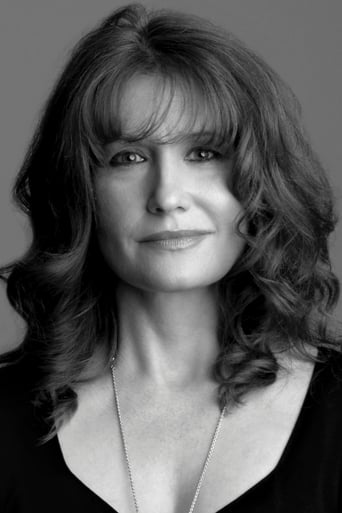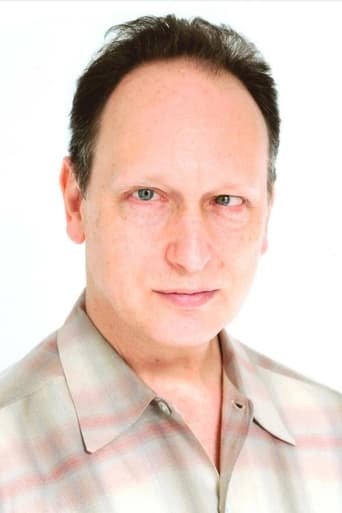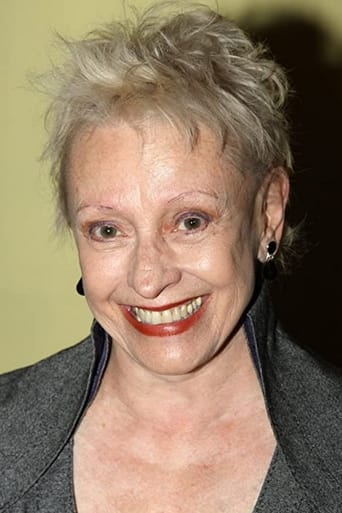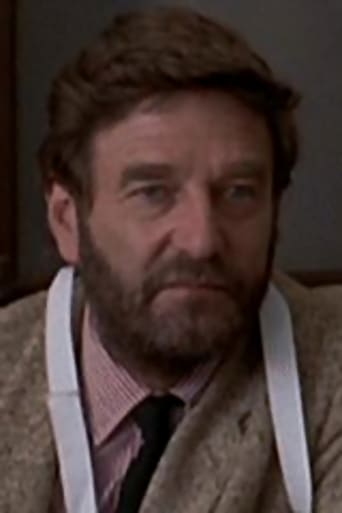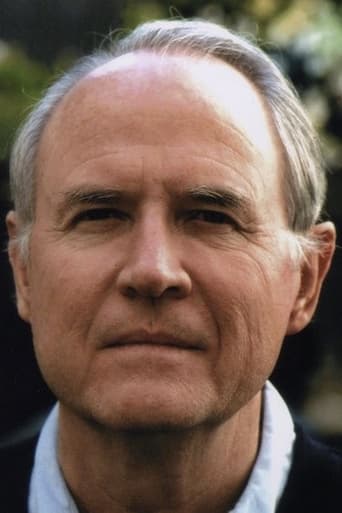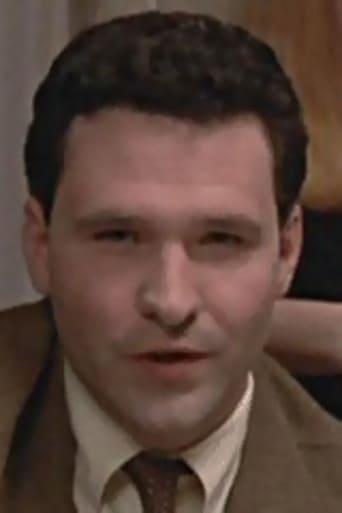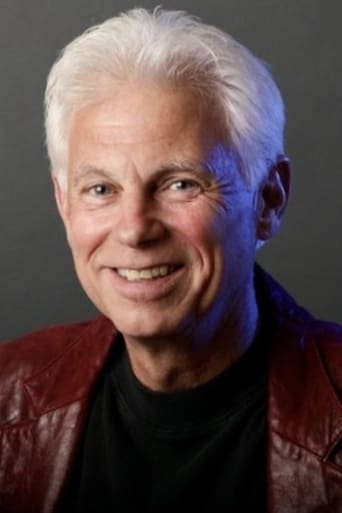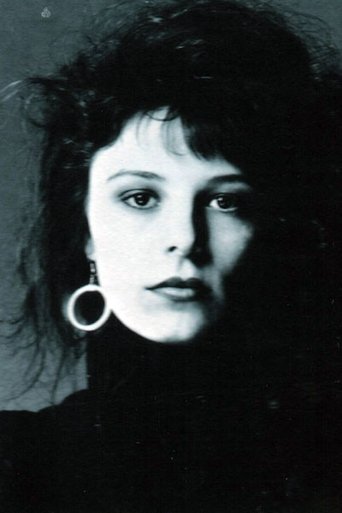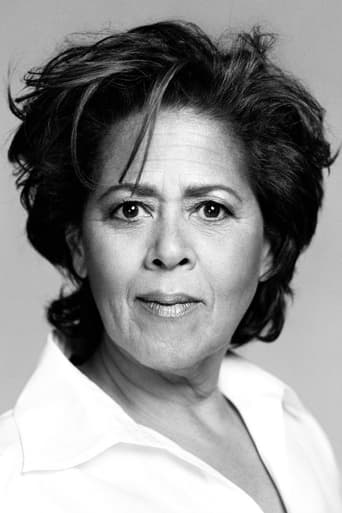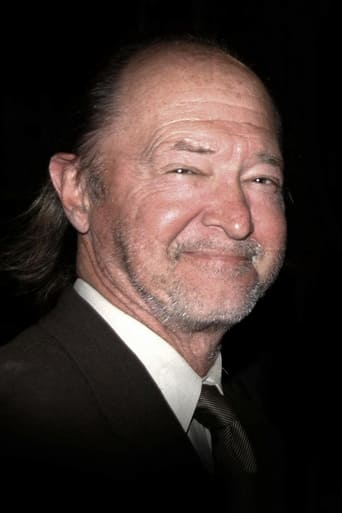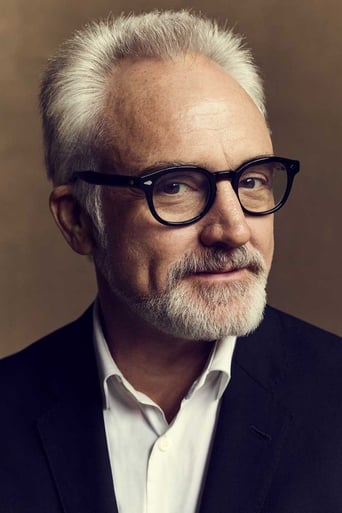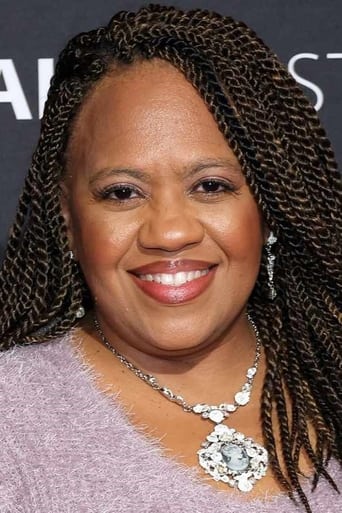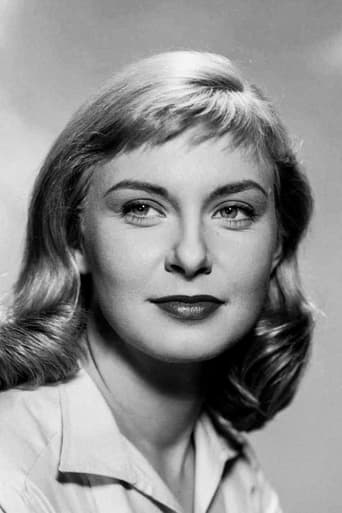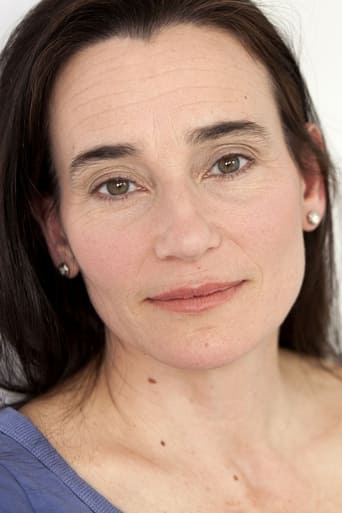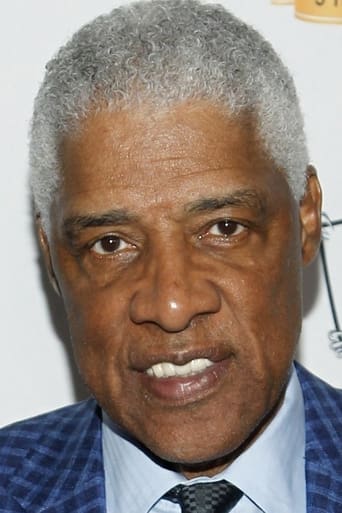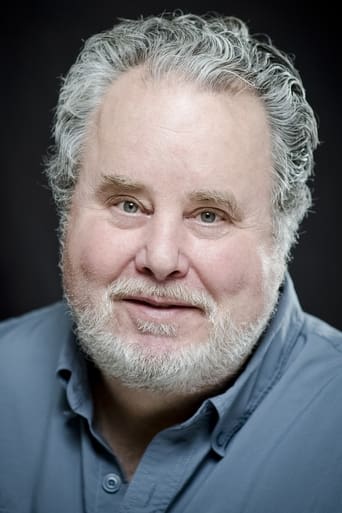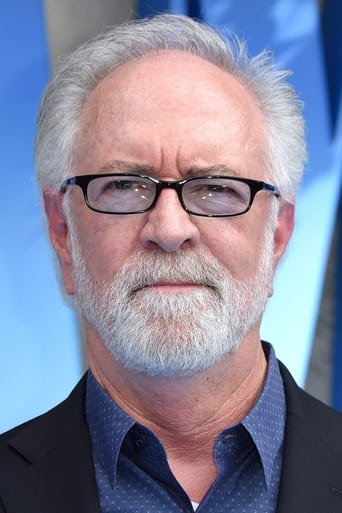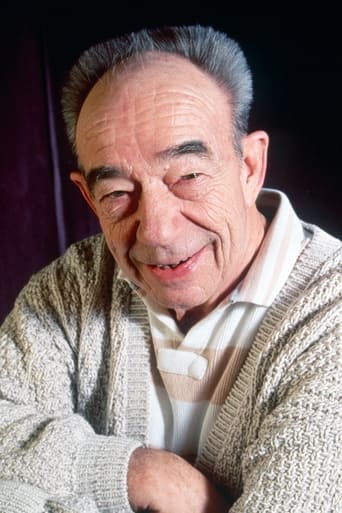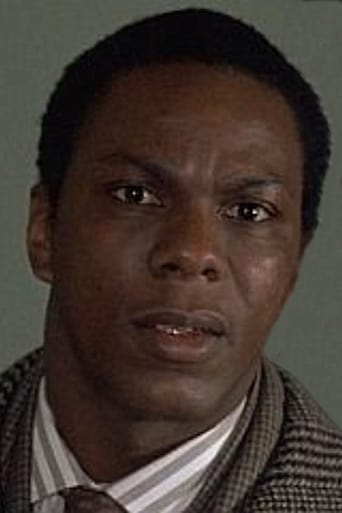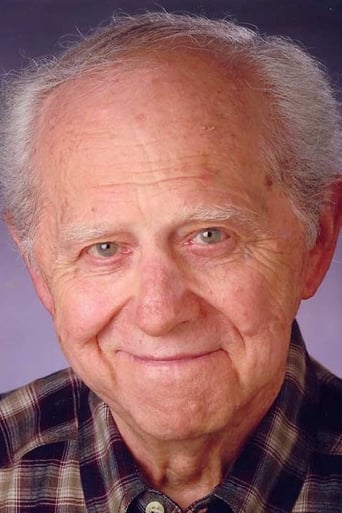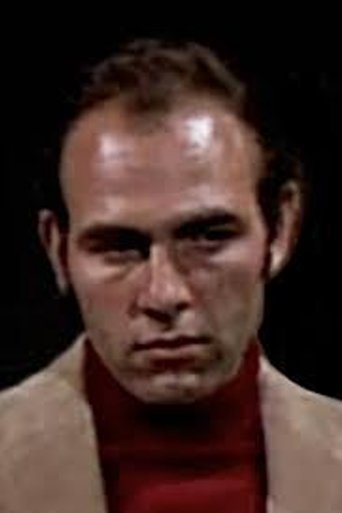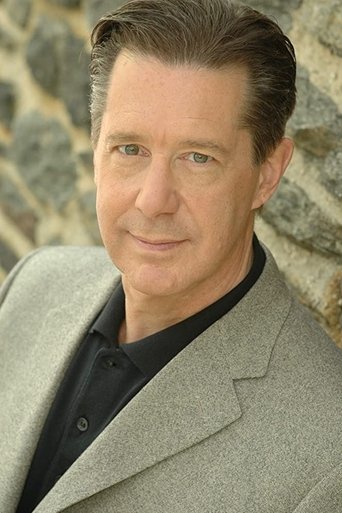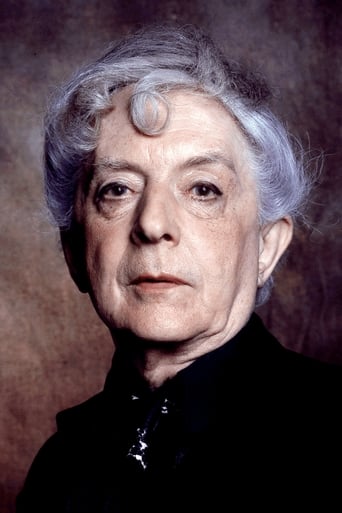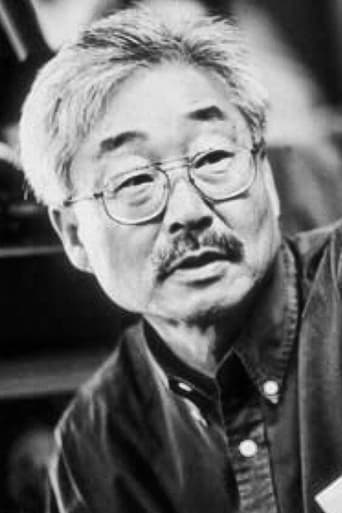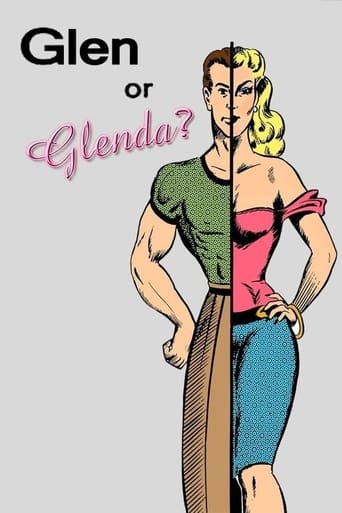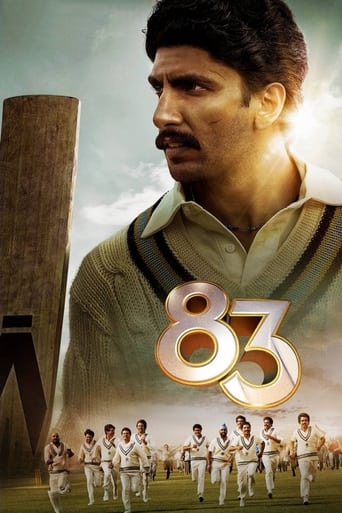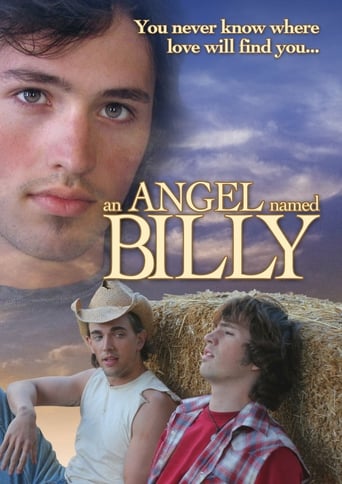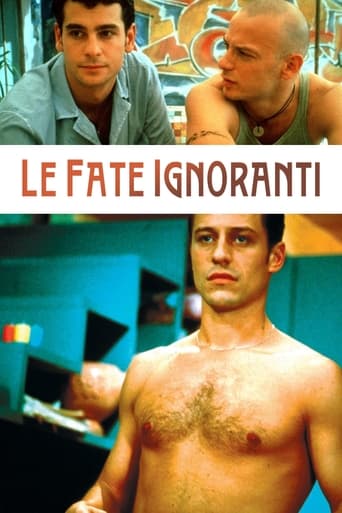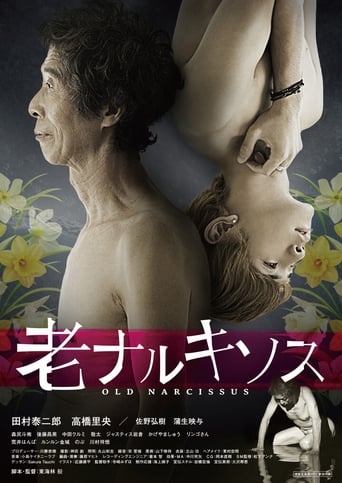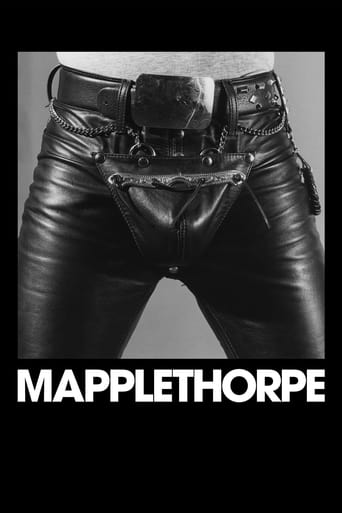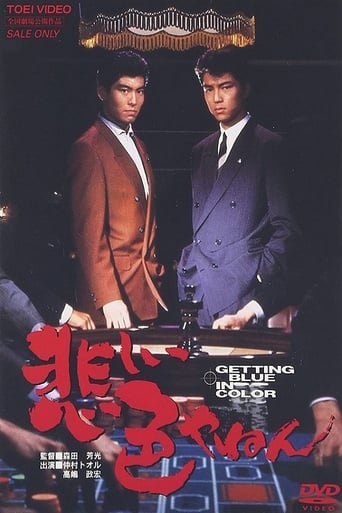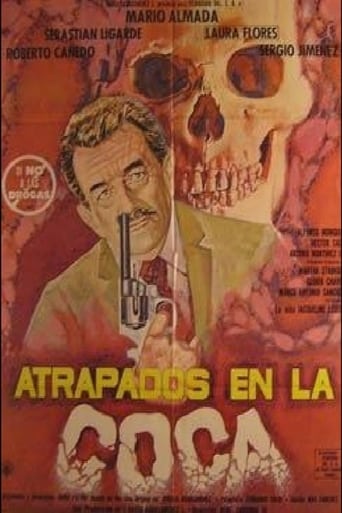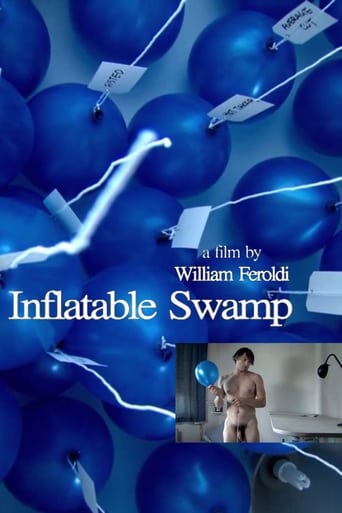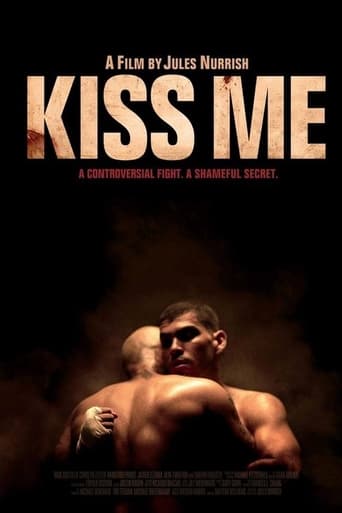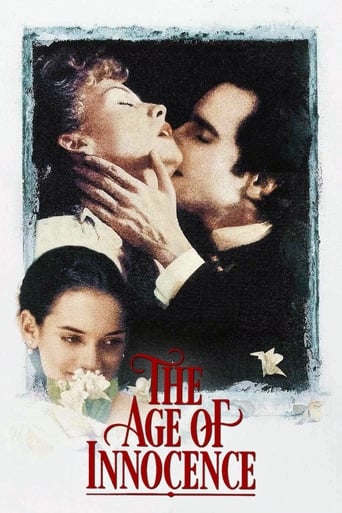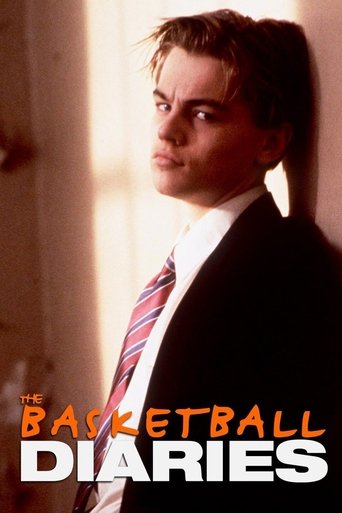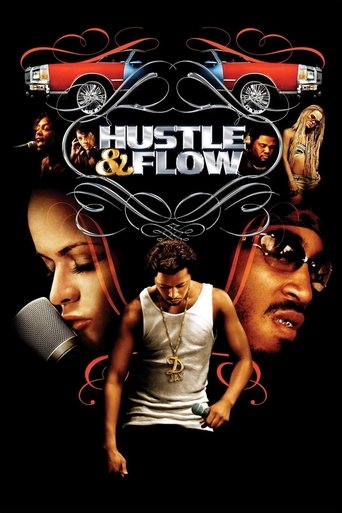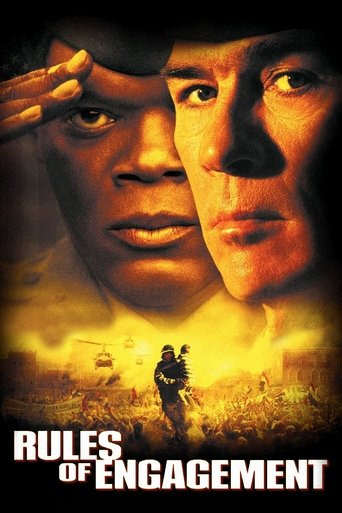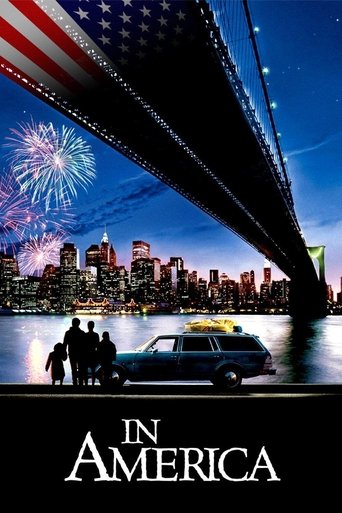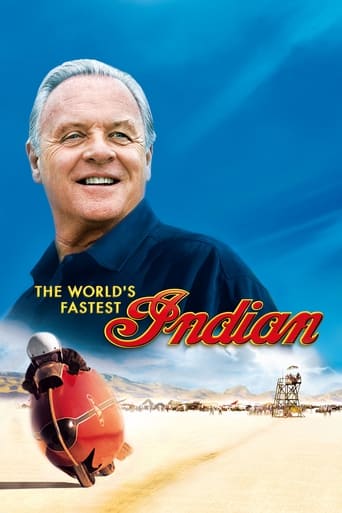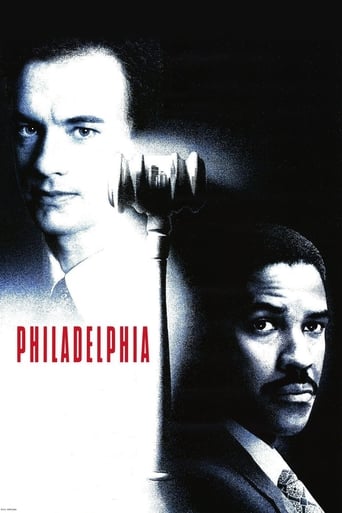
Philadelphia (1993)
Two competing lawyers join forces to sue a prestigious law firm for AIDS discrimination. As their unlikely friendship develops their courage overcomes the prejudice and corruption of their powerful adversaries.
- Jonathan Demme
- Kristi Zea
- Drew Ann Rosenberg
- Anne Gyory
- Ron Bozman
- Ron Nyswaner
Rating: 7.723/10 by 4229 users
Alternative Title:
At Risk - US
People Like Us - US
Filadélfia - PT
Philadelphia - Az érinthetetlen - HU
Philadelphia - FR
Country:
United States of America
Language:
English
Runtime: 02 hour 06 minutes
Budget: $26,000,000
Revenue: $206,678,440
Plot Keyword: philadelphia, pennsylvania, court, jurors, aids, pennsylvania, usa, homophobia, lawsuit, partner, hiv, lawyer, dying, lgbt, discrimination, angry, judiciary, 1980s, somber, courtroom drama, anxious, gay theme, cautionary, critical, antagonistic, celebratory, empathetic
What do you love about the law, Andrew? Andrew Beckett is a gay lawyer infected with AIDS, who in spite of being his law firm's rising star, is fired on a trumped up charge of negligence. Refusing to accept defeat, Andrew manages to enlist the help of homophobic lawyer Joe Miller, whom it's hoped, can prove that the firm acted disgracefully out of fear of Andrew's illness. But can Joe throw off his own prejudice? Can Andrew keep it together as AIDS starts to take a hold? Philadelphia was the film to really bring the horrors of AIDS to the masses. Though certainly not the first film to deal with the subject, films such as "An Early Frost (1985)" and "As Is (1986)" had led the way, Philadelphia is certainly the most memorable of all the mainstream films dealing with the subject. As the years have rolled by, the film's standing has waned some what, gays have renounced the film as over sentimental gloop and various other cinema critics have accused the film of confusing its aims. The truth is that Philadelphia is only really guilty of playing it safe. Andrew Beckett is clearly wronged, and he's clearly a lovely and special man, supported by a complete and loyal loving family. It's the character set up that never really puts the film in any real danger of becoming edgy, even the strand dealing with homophobia is only briefly given credence. However, where the makers do achieve their aims, is with the emotional aspects, something that lifts Philadelphia to a far higher plain in the pantheon of emotional kickers. The tone of the film is set courtesy of Bruce Springsteen's Oscar winning "Streets Of Philadelphia", which acts as a sombre portent of things to come during the opening credit sequence. From here on in the story is content with gnawing away at our heart strings and breaking down prejudice barriers in the name of fair play and adult fallibility's. Part court room drama and part human tragedy, Philadelphia is never found wanting in the engrossing department, something that is in no small amount due to the work of a firing on all cylinders cast. Tom Hanks is always pretty safe company to be in as a rule, but tackling the role of Andrew Beckett required much more than merely charm and a homely appeal. Hanks, winning his first Best Actor Oscar, steps up to the plate here and delivers one of the best performances of the 90s. As AIDS ravages his body and soul, Hanks as Andrew reaches deep down within and has the audience with him all the way through his ordeal. Alongside Hanks is Denzel Washington as Joe, who if anything has the more prickly role to contend with. It's probably not much of a surprise to most followers of his to say he's on his usual great form here, with a shift in his character's fortitude showcasing the best of the New Yorker's ability. Rounding out the cast, and with equally fine performances are Jason Robards, Joanne Woodward, Robert Ridgely, Mary Steenburgen and Antonio Banderas. Then as surely as Springsteen's opener had set the mood, Neil Young closes the film down with his own heart achingly brilliant "Philadelphia", playing alongside some video footage that finally seals the deal as to why Philadelphia as a movie exists. Revisits to the film show up its minor flaws, but as someone who remembers how he, and the other multi sexed audience reacted on leaving the cinema back in 1993, it's the kind of impact that to my mind can never be understated. 9/10
Yet another of those movies I watched close to when it came out umpteen years ago, and only recently watched again. For entertainment value, it hasn’t aged particularly well for me. I am not sure I can even describe why, except that it seemed to lack energy. There are a lot of good small moments, but its big moments struggle to live up to their potential. The courtroom scenes slow the story down in places, and the climactic scene that decided the case wasn’t convincing to me. Still, this was an important movie addressing the AIDS when it came out, and the two low lead actors, even though they both give an understated performance, carry the film quite nicely.
Compelling performances by both Tom Hanks and Denzel Washington. And to think I almost didn't watch this because the poster doesn't look like Hanks...
**A dense, disturbing, difficult, but highly relevant film.** Well, those who has the patience and charity to read what I write may have already realized that I'm not a big fan of overly militant films, even if they are causes or ideas that I defend or with which I tend to agree. For me, cinema is above all entertainment and artistic expression, not a political, social or belief manifesto. However, it is really difficult not to make an exception when it comes to discrimination against people in the workplace. I know what my friendly reader is probably thinking: the film isn't about that, it's about AIDS. It is true. But AIDS is a pretext to justify what happens to that man. He is discriminated against and loses his job for being homosexual. I won't waste a lot of time explaining what happens in the film. It's relatively old and almost everyone has seen it at least once: Andrew Beckett is a young lawyer with a promising future until he discovers that he has contracted AIDS in a casual sexual encounter with another man. The disease becomes increasingly obvious to his bosses, and he ends up being fired, which is why he decides to sue the firm, arguing that the real motivation for the dismissal was their prejudice regarding his (discrete) homosexuality, which the disease denounced. The film is excellent and, at the time, did a lot to demystify AIDS, a disease about which there was little general knowledge and which many people feared because it was not very evident how it was spread. Nowadays, with more information and public knowledge, these myths have disappeared, but that does not prevent the disease from being one of the most feared, along with cancer or leukemia. However, the film was not able to detach AIDS from homosexuality. I understand this: a disease like this spreads easily in social environments where sexual behavior is more liberal, and we know that a good part of GLBT's do not have very stable relationships. But the truth is that we, today, know very well that AIDS can perfectly be contracted by heterosexuals who do not have the good sense to protect themselves. In fact, I tend to associate AIDS more with drug users, due to the enormous risk they run when consuming drugs in filthy environments and sharing needles with each other. In addition to the film having a highly pertinent and heavy theme, which guarantees it a relevance and importance that it would otherwise never have, there is another reason this film is a success and has enormous repercussions: Tom Hanks. This is definitely the film that opened the horizons of his career, contributing decisively to making him one of the most beloved actors in the USA. He was still young here, he was coming out of a phase where he did a lot of quality comedies and the film was an opportunity to show his serious and dramatic side. Needless to say, the actor took advantage of every second and gave us one of the most significant works of his career, in a brutal odyssey that earned him the Oscar for Best Actor, a feat he scored twice the following year, with “Forrest Gump”. Remarkable! Next to him, an energetic Denzel Washington, who just doesn't get duller and warmer because the actor's devastating charisma doesn't allow it... and it's not easy to put Denzel out of the limelight! It's not a film that I feel deserves high marks on the more technical points. Johathan Demme, the director, had the good sense not to mask the film under tons of visual and sound gimmicks that the film did not require. It's a clean, smooth film, with a speech as direct as a punch in the audience's stomach. And believe me, it's one of those films that is difficult to watch, that makes you think and that doesn't make you happy at all. In any case, the cinematography, sets and costumes do a good job, and the courtroom scenes (a real room that was used for the film) are worth it for their realism. And if it is true that Bruce Springsteen rightly deserved the Oscar for the Original Song “Streets of Philadelphia” (which we hear practically in its entirety, during a long opening credits sequence), one of the singer’s greatest hits, I must also point out the opera arias used in the film, which are mostly recordings of the eternal diva Maria Callas in various operas such as “Adriana Lecouvreur”, “La Vestale” or “Andrea Chénier”. The contrast between the rawness of the film and its themes with the sublime beauty and lyricism of these melodies could not be more disconcerting.
It's quite hard to overstate how significant this film was at a time when AIDS-driven homophobia was rife. Right from the outset with Bruce Springsteen's delicate opening ballad, this effectively counters an whole range of prejudices that prevailed not just in the USA but around the world. It's also, easily in my view, Tom Hanks's best performance as he plays hotshot lawyer "Andy" who has been feeling under the weather. Blood tests tell him the worst news that he shares with his loving family and boyfriend "Miguel" (Antonio Banderas) but he isn't really prepared to get fired from his job. Luckily, he had previously crossed paths with "Joe" (Denzel Washington) so he asks him to represent him in a wrongful dismissal lawsuit. "Andy" is candid about his sexuality and his condition and the clearly wary "Joe" politely declines. It's a chance meeting in a law library a few days later that illustrates just the tip of the bigotry iceberg being faced by the visibly sickening man to get fair treatment and so "Joe" relents. What now ensues is, on the face of it, just another courtroom drama but it is hugely augmented by the willingness of some serious Hollywood establishment names to showcase the genuine senses of fear, disgust and even hatred as the narrative unravels. Washington's character has his own prejudices to overcome and Jason Robards, though he features quite sparingly, is effective as the erstwhile boss who can barely disguise his contempt for his former star-employee. It's cleverly scripted avoiding too much sentiment or stereotype as it presents us with a potent look at a fight for justice - not just in the courtroom itself, but amongst a public opinion that is scared and hostile. Thought-provoking cinema that plays a strong hand well, and though not always an easy watch, it is well worth it.
Very good. I did think I'd enjoy 'Philadelphia' much more though, solely based on who appears on the poster. The performances of Tom Hanks and Denzel Washington are impressive enough, though I'd say they have done greater in other productions. The story they portray here is a sizeable one and it is well told, it certainly makes you feel uncomfortable in parts and saddened in many others. I do feel like the pacing could've been better, a shorter run time perhaps would've helped. Overall, if I'm honest, my interest in this wasn't all that strong throughout, I couldn't shake the feeling of wanting something more from it. I can still acknowledge it's objective quality, of course.

